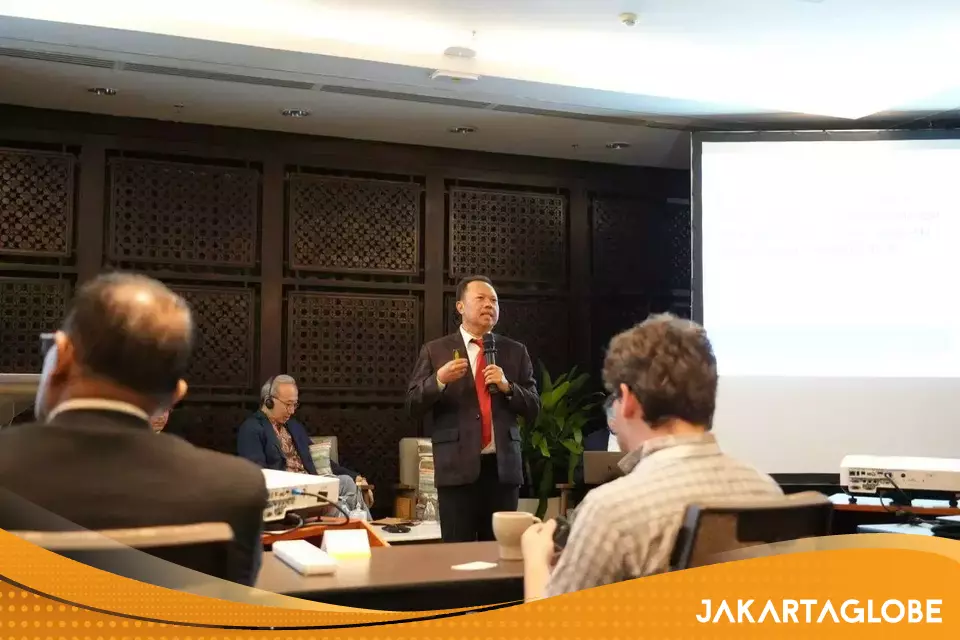Summary
The prestigious medical journal’s report was published on 19 July, raising concerns about the integrity of medical education and, in turn, the future quality of healthcare in the country.
Source: Mint on MSN.com

AI News Q&A (Free Content)
Q1: What are the primary concerns raised by the Lancet report regarding the National Medical Commission in India?
A1: The Lancet report highlights systemic corruption and inefficiencies within the National Medical Commission (NMC) of India. It raises concerns about the integrity of medical education and its implications on the future quality of healthcare in the country. The report suggests that such issues could undermine the trust in medical education and healthcare services, potentially affecting patient care and public health outcomes.
Q2: How does corruption within the healthcare system impact medical education and healthcare quality?
A2: Corruption in the healthcare system can lead to compromised medical education standards, where merit might be overlooked for financial or political gain. This results in the production of inadequately trained medical professionals, which in turn affects the quality of healthcare services provided to the public. Such systemic issues can lead to mistrust among patients and hinder the overall healthcare delivery system.
Q3: What are the historical trends of corruption in India, specifically in the healthcare sector?
A3: Corruption has been a persistent issue in India, affecting various sectors, including healthcare. Historically, studies have shown that a significant portion of the population has had to pay bribes to receive public services, including healthcare. The Transparency International's Corruption Perceptions Index reflects the ongoing challenges, with India scoring 38 out of 100, indicating prevalent corruption concerns. These trends highlight the need for robust anti-corruption measures to improve public service delivery.
Q4: What are some of the anti-corruption strategies being implemented to address these issues in India?
A4: India has been implementing various anti-corruption strategies, including legislative measures, digital governance initiatives, and public awareness campaigns. Efforts such as the establishment of the Lokpal and Lokayuktas, the implementation of the Goods and Services Tax (GST), and the promotion of cashless transactions aim to reduce corruption. Additionally, the government is working on enhancing transparency and accountability in public services, including the healthcare sector.
Q5: How does the issue of corruption in medical education relate to global trends in healthcare corruption?
A5: Corruption in medical education is a global issue, affecting both developing and developed countries. It involves unethical practices such as bribery, favoritism, and financial mismanagement, which undermine the quality of medical training. Globally, the World Health Organization and other international bodies advocate for transparency and ethical standards in medical education to ensure competent healthcare professionals. The Lancet report's findings align with these global concerns, highlighting the need for reform.
Q6: What role does public perception play in addressing corruption in India's healthcare system?
A6: Public perception plays a crucial role in addressing corruption, as it influences policy-making and reform initiatives. When the public is aware of and vocal about corruption, it pressures governments and institutions to implement stricter anti-corruption measures. In India, public movements and media exposés have historically led to significant policy changes and reforms aimed at curbing corruption in various sectors, including healthcare.
Q7: In light of the Lancet report, what future steps are recommended for improving the integrity of medical education in India?
A7: To improve the integrity of medical education in India, the Lancet report recommends implementing stricter regulatory frameworks and increasing transparency in the accreditation and evaluation processes. It also suggests enhancing oversight mechanisms and promoting ethical training among medical professionals. Collaboration with international bodies to adopt best practices and continuous monitoring and evaluation of medical institutions are critical steps towards ensuring high educational standards.
References:
- Unleashing the anti-tumor angiogenic potential of nano-formulated orientin: In Silico, In Vitro, and In Ovo studies
- Corruption in India
- Corruption





